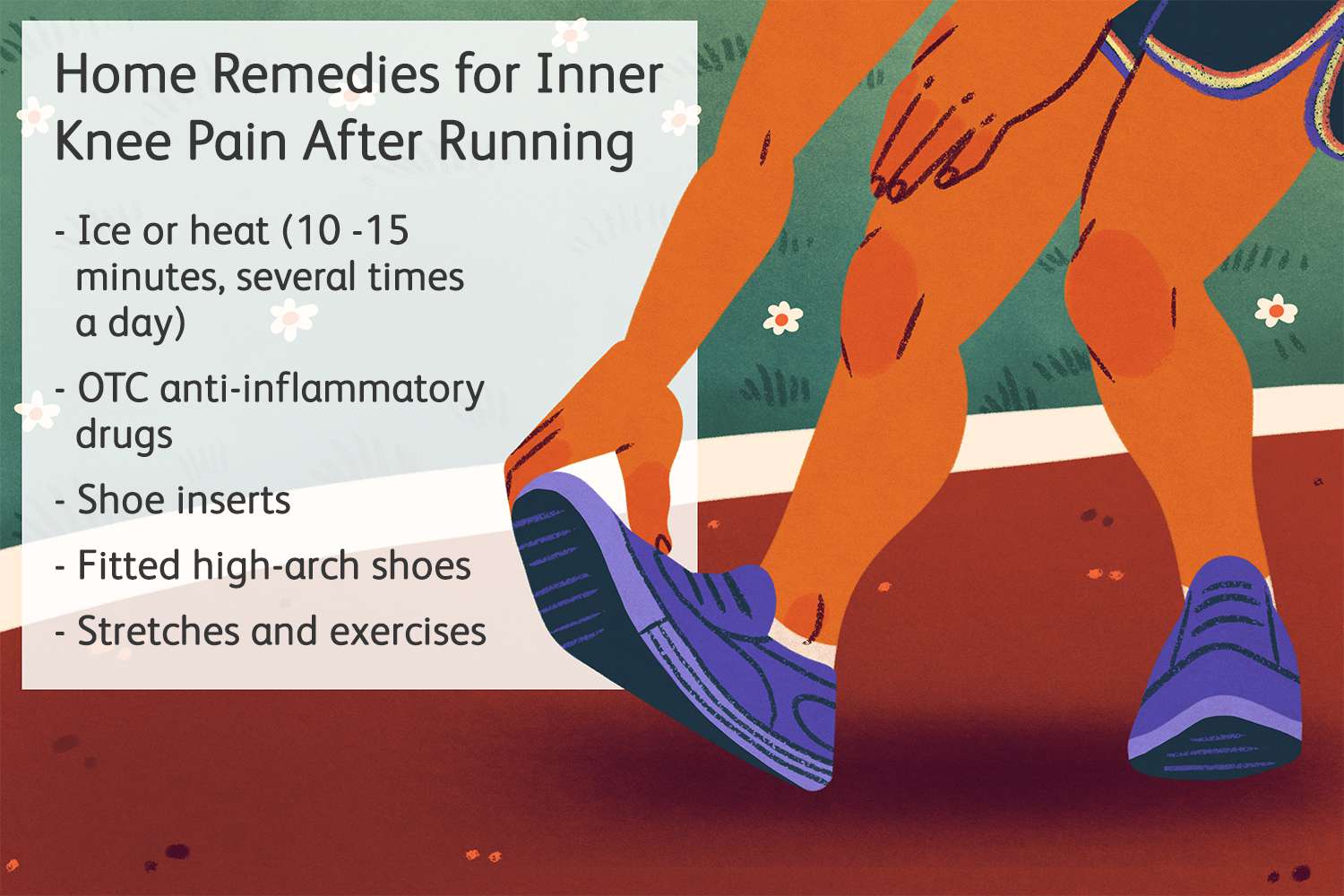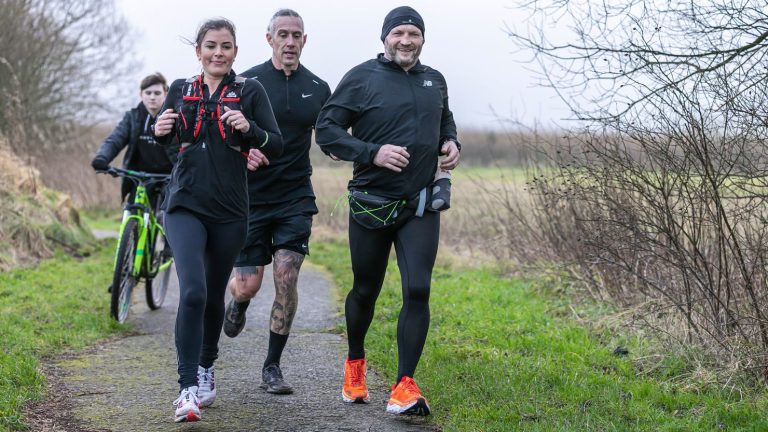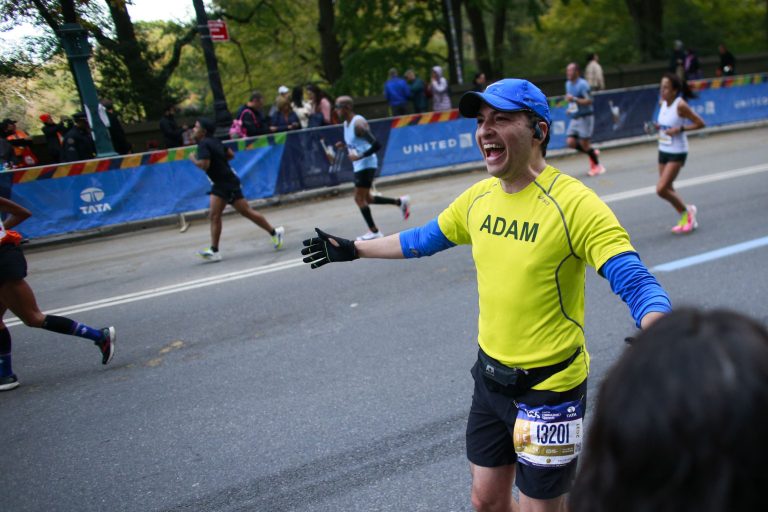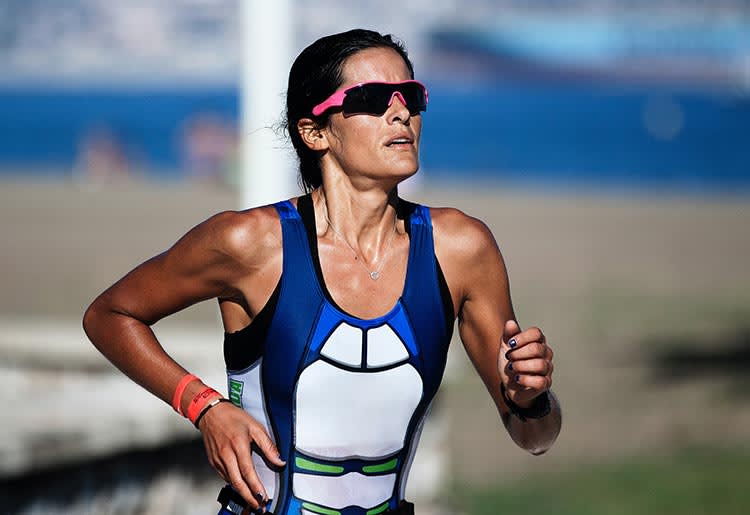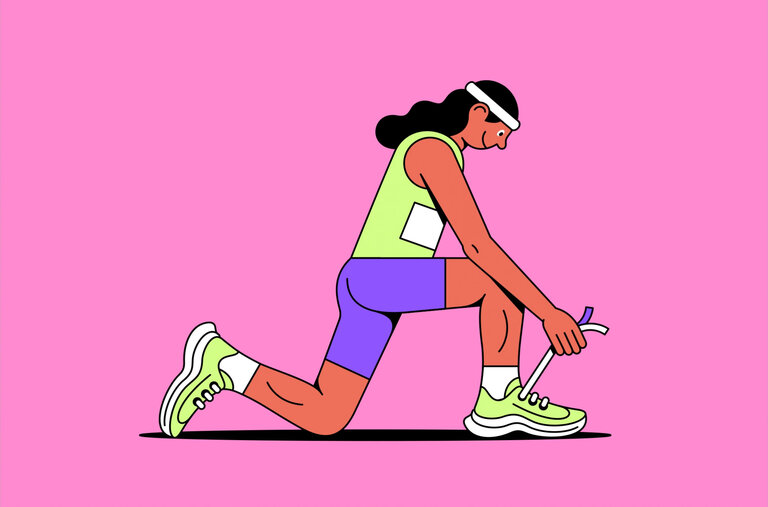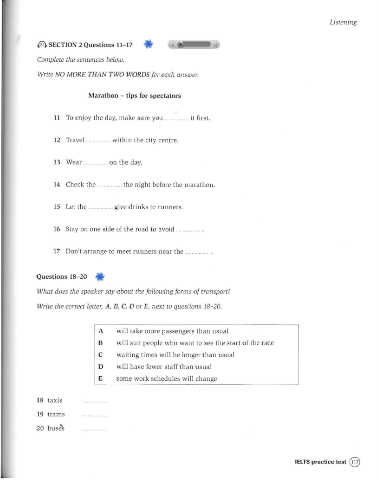Top Tips for Soreness After Running (Muscles, Knees And More)
Do you experience soreness after running? Learn top tips to alleviate muscle and knee discomfort.
Running can lead to sore muscles, knee pain, and overall body fatigue. To prevent and manage soreness, incorporating proper warm-ups, cool-downs, stretching, and recovery techniques can make a significant difference in how you feel post-run. Additionally, staying hydrated, fueling your body with proper nutrition, and listening to your body’s cues are essential in reducing soreness and enhancing your overall running experience.
By following these tips, you can effectively address soreness and improve your recovery process, allowing you to enjoy your runs to the fullest.
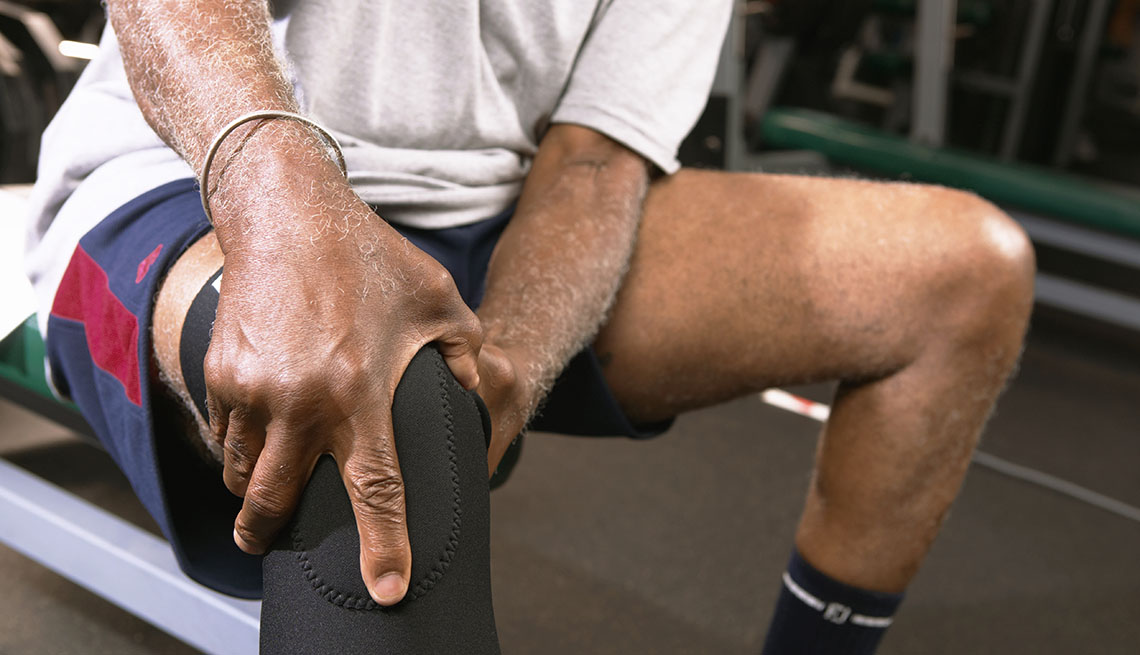
Credit: www.aarp.org
Preventing Soreness Before Running
Proper Warm-up
Before hitting the pavement, a proper warm-up is essential to prepare your muscles for the upcoming workout. A dynamic warm-up routine that includes light jogging, leg swings, and arm circles can increase blood flow and flexibility to prevent injury. Taking 5-10 minutes to warm up your body can make a significant difference in reducing post-run soreness.
Gradually Increase Intensity
When you’re eager to progress in running, it’s crucial to slowly increase the intensity and distance of your runs. Rushing into high-intensity workouts without adequate preparation can lead to overuse injuries and excessive soreness. By following a progressive training plan, you can gradually build up your strength and endurance, minimizing the risk of soreness after your runs.
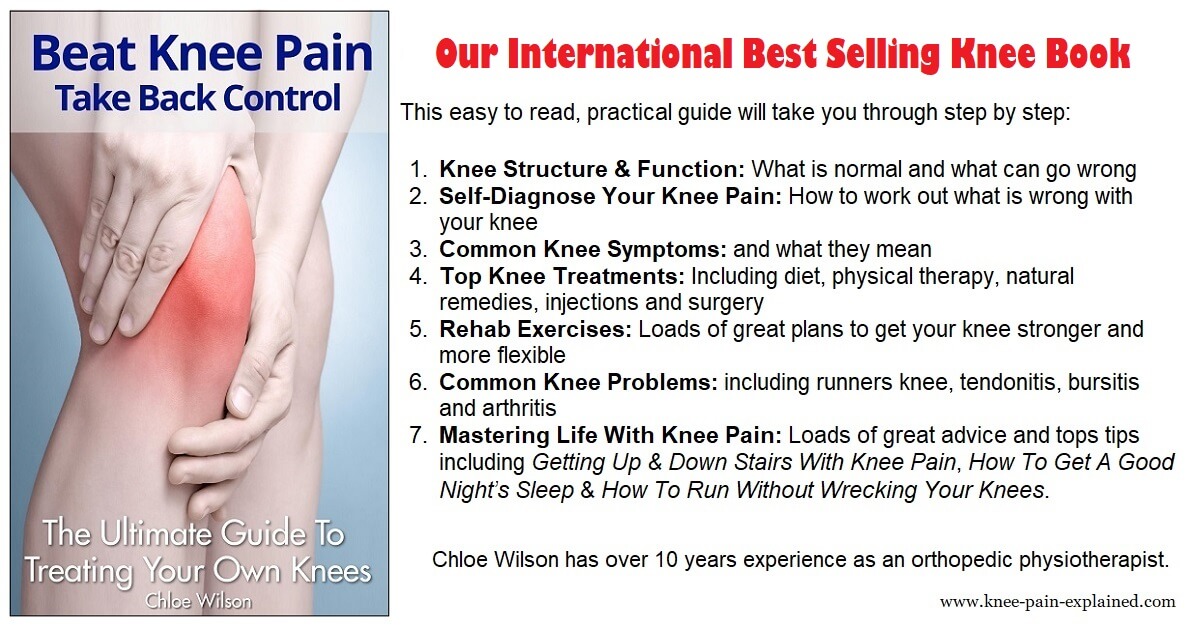
Credit: www.knee-pain-explained.com
Muscle Soreness After Running
Get relief from muscle soreness after running with these top tips. Discover effective strategies to ease sore muscles, protect your knees, and recover faster for your next run.
Muscle soreness can be a common occurrence after running due to the stress placed on the muscles. It can be a sign of a good workout, but it’s important to manage it effectively to prevent injury and ensure a speedy recovery.Causes Of Muscle Soreness
- Possible causes include microtears in the muscle fibers.
- Inadequate warm-up or overexertion can contribute.
- Dehydration and lack of proper nutrition may also play a role.
Recovery Techniques
- Rest is crucial to allow the muscles to repair and rebuild.
- Hydrate well to aid in flushing out toxins and prevent cramping.
- Gentle stretching can help alleviate muscle tightness and soreness.
- Foam rolling can be beneficial in releasing tension in the muscles.
- Proper nutrition with a balance of protein and carbohydrates promotes recovery.
- Ice baths or cold compress can reduce inflammation and relieve soreness.
Knee Soreness After Running
Experiencing knee soreness after running can be frustrating, but understanding common causes and incorporating targeted exercises can help alleviate discomfort and prevent future issues.
Common Causes Of Knee Soreness
- Incorrect running form or overstriding
- Weak quadriceps or tight hamstring muscles
- Poor footwear or worn-out running shoes
- Excessive training volume or intensity
Exercises To Strengthen Knees
- Squats: Improve quad strength
- Lunges: Target hamstring and glute muscles
- Leg Extensions: Strengthen quadriceps
- Calf Raises: Enhance calf muscle stability
Consistent implementation of these exercises can help build the strength and flexibility needed to support your knees during running activities.
Foot Soreness After Running
Dealing with foot soreness after running can be a common issue for many runners. Whether it’s due to improper footwear, overuse, or poor running techniques, foot soreness can hinder your performance and lead to discomfort. To help you alleviate and prevent foot soreness after running, here are some top tips to consider.
Choosing The Right Running Shoes
When it comes to preventing foot soreness after running, one of the most crucial factors is choosing the right running shoes. Invest in supportive, well-cushioned shoes that fit your foot shape and provide proper arch support. Ensure the shoes have ample room for your toes and consider visiting a specialty running store to get professionally fitted for the best results.
Foot Stretches And Massage
Incorporate regular foot stretches into your post-run routine to relieve tension and tightness in your muscles. Focus on stretching the calves, plantar fascia, and Achilles tendon to promote flexibility and reduce soreness. Additionally, consider using a lacrosse ball or foam roller to massage the soles of your feet, targeting any areas of discomfort and promoting circulation.
Overall Recovery Tips
Recovering after a strenuous run is crucial to prevent soreness and injuries. Here are two essential recovery tips that can help you bounce back faster:
Proper Nutrition And Hydration
Fueling your body with the right nutrients and staying hydrated are key to enhancing your recovery process. Here are a few tips to consider:
- Stay Hydrated: Drink plenty of water throughout the day to replenish the fluids lost during exercise. Proper hydration helps relieve muscle soreness and prevents cramps.
- Refuel with a Balanced Diet: Consume a well-balanced meal, rich in carbohydrates, lean proteins, and healthy fats, within two hours after your run. This aids in repairing damaged tissues and replenishing glycogen stores.
- Include Anti-Inflammatory Foods: Foods like berries, fatty fish, and leafy greens are known for their anti-inflammatory properties. Incorporating these into your diet can help reduce swelling and muscle soreness.
- Consider Supplements: If needed, consult with a healthcare professional to determine if certain supplements such as omega-3 fatty acids or turmeric can benefit your recovery process.
Rest And Active Recovery
Resting and engaging in active recovery activities are imperative for repairing and rejuvenating your muscles. Here are a few ways to optimize your recovery:
- Get Adequate Sleep: Aim for seven to nine hours of sleep each night to promote muscle repair and mental rejuvenation.
- Take Rest Days: Schedule regular rest days throughout your training to allow your body to heal and reduce the risk of overuse injuries.
- Engage in Gentle Exercises: Opt for low-impact activities like yoga, swimming, or cycling to improve blood circulation, release tension, and promote recovery.
- Use Compression Therapy: Consider using compression garments or sleeves, which can help reduce inflammation and promote blood flow to the muscles.
- Try Heat and Cold Therapy: Alternating between hot and cold treatments, such as ice packs and warm baths, can assist in reducing inflammation and easing soreness.
By focusing on proper nutrition and hydration, as well as incorporating rest and active recovery activities into your routine, you can optimize your overall recovery process and minimize post-run soreness.
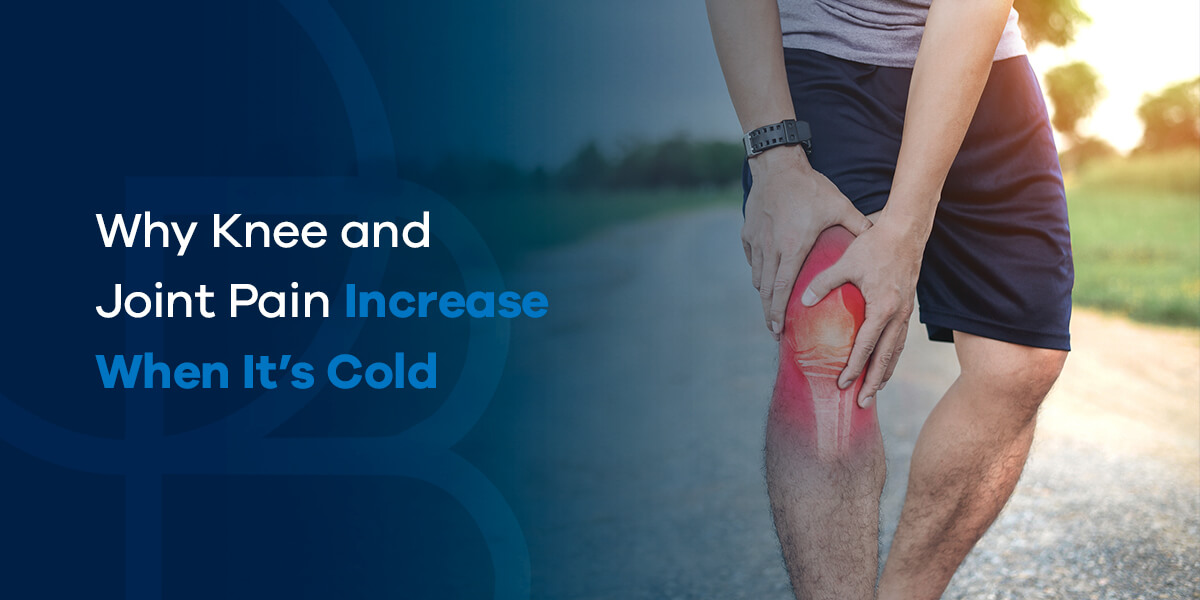
Credit: www.orthobethesda.com
Frequently Asked Questions On Top Tips For Soreness After Running (muscles, Knees And More)
Q: How Can I Relieve Muscle Soreness After Running?
A: Ease muscle soreness after running by stretching, foam rolling, and applying heat or ice.
Q: What Are Some Effective Remedies For Knee Soreness After Running?
A: Reduce knee soreness after running by wearing proper footwear, using knee braces, and practicing low-impact exercises.
Q: Are There Any Preventive Measures For Soreness In Other Body Parts After Running?
A: Prevent soreness in other body parts by gradually increasing running intensity, cross-training, and maintaining proper running form.
Conclusion
Incorporating these tips can help alleviate soreness post-run, allowing you to enjoy your workouts and stay active. By focusing on proper stretching, strength training, and rest, you can combat muscle and joint discomfort. Remember to listen to your body, stay hydrated, and seek professional advice if you experience persistent soreness.

